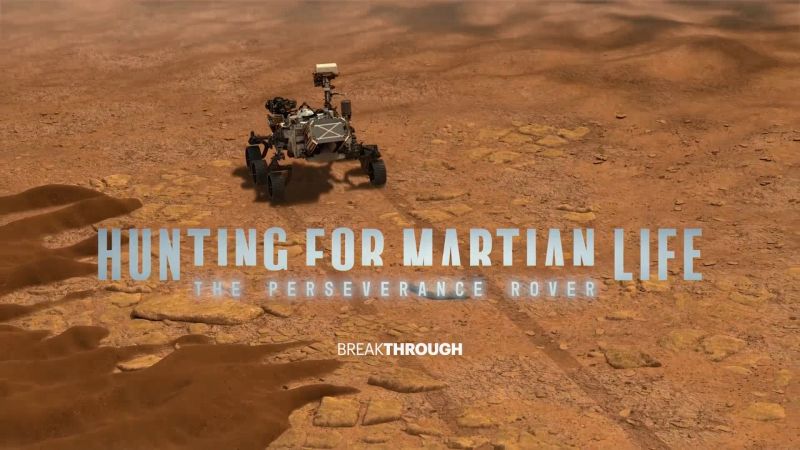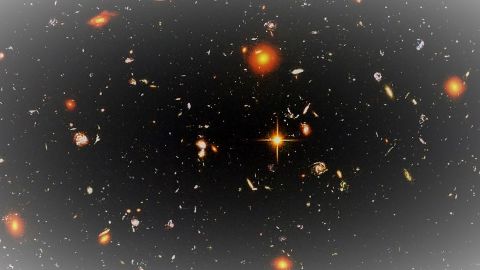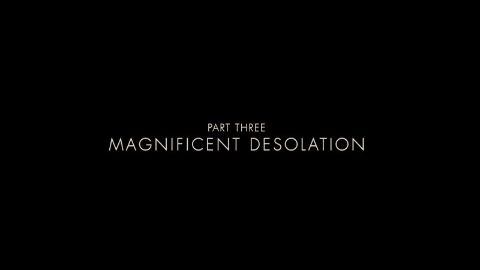Scientists are only now starting to unravel the secrets of comets. Often referred to as dirty snowballs, they contain ice and elements from the very start of the universe. Some theorize that a comet, crashing into our planet, brought with it the organic material that started life on Earth. Spacecraft continues to offer new information on their makeup, from bringing back samples from a comet's tail to direct contact when a NASA-launched craft slammed into the comet Tempel-1.
Make a donation
Buy a brother a hot coffee? Or a cold beer?
Hope you're finding these documentaries fascinating and eye-opening. It's just me, working hard behind the scenes to bring you this enriching content.
Running and maintaining a website like this takes time and resources. That's why I'm reaching out to you. If you appreciate what I do and would like to support my efforts, would you consider "buying me a coffee"?
Donation addresses
buymeacoffee.com
patreon.com
BTC: bc1q8ldskxh4x9qnddhcrgcun8rtvddeldm2a07r2v
ETH: 0x5CCAAA1afc5c5D814129d99277dDb5A979672116
With your donation through, you can show your appreciation and help me keep this project going. Every contribution, no matter how small, makes a significant impact. It goes directly towards covering server costs.






